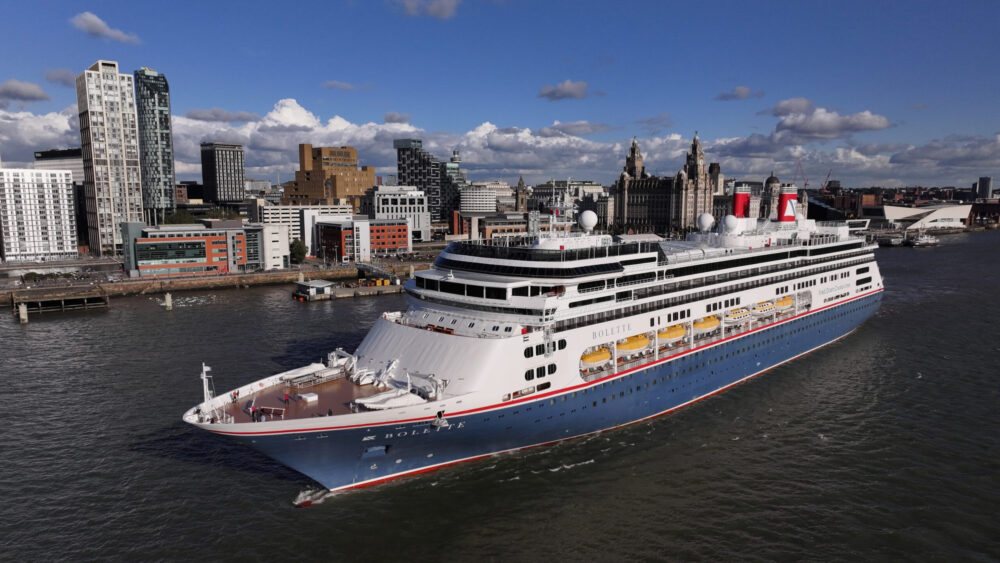
Lifestyle
Meet the life-saving bikers from Merseyside who have been presented with the Queen’s Award
7 years ago
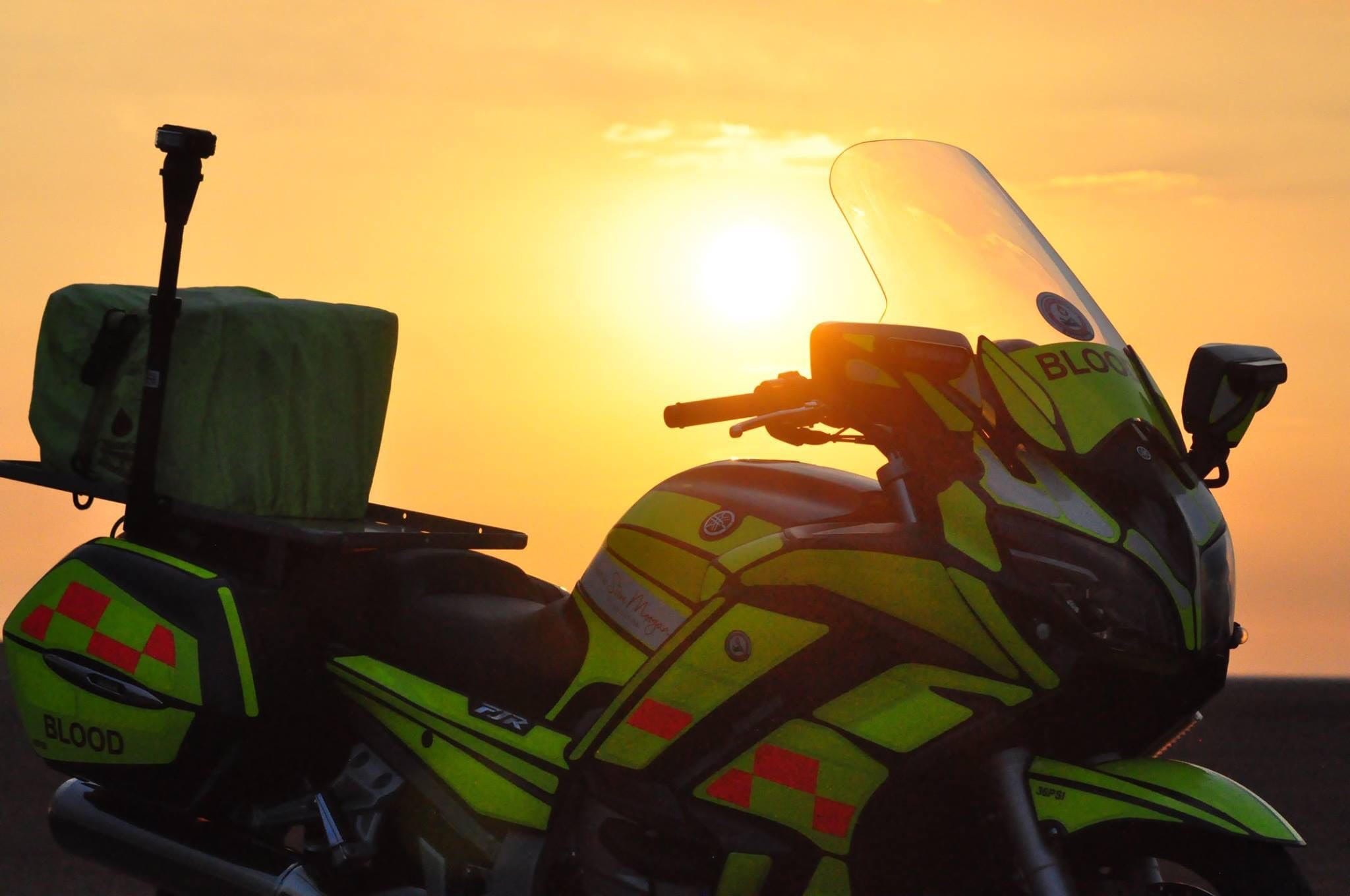
To most motorists and pedestrians who see them on the roads, the fluorescent motorbikes and their riders are just another part of the NHS’s huge emergency network.
But Merseyside and Cheshire Blood Bikes, which makes thousands of life-saving deliveries every year, is actually manned entirely by volunteers and relies on donations to keep going.
Now the bikers, phone operators and fundraisers who run the 24-hours-a-day operation have been presented with the Queen’s Award for Voluntary Service in recognition of their incredible selfless efforts.
The charity, which works with hospitals across the regions to provide a vital transportation service, is one of 281 this year to receive the prestigious award. Volunteers were invited to a private ceremony to receive the award from the Lord Lieutenant of Cheshire.
“I think a lot of people, when they see what we call our ‘vampire bikes’, assume that we work for the NHS,” explains Rebecca Lee-Hagger from MCBB. “But nobody is paid, the service depends totally on the dedicated, passionate volunteers who give up their free time to do this, so it is great that their commitment has been recognised.”
Merseyside and Cheshire Blood Bikes was started seven years ago by founder Adrian Cowley and a small group of fellow bike riders who were keen to make a difference to the NHS and its patients.
“There were other blood bike groups across the country which Adrian had heard about, but we didn’t have one here so he said, ‘let’s have a go and see what we can do’.”
Before the service started, the NHS was having to pay for taxis to transport blood, plasma, platelets, breast milk and medical equipment between hospitals and health organisations.
Fares could cost anything between £5 and £30+ so having the volunteer bikes doing the job saves thousands of pounds.
“Practically, what happens is we have several hospitals that we work with across Merseyside and Cheshire and if they have anything that needs transporting from A to B which can be safely attached to one of our bikes then we’ll take it,” explains Rebecca.
“For instance, Marie Curie in Woolton could phone up and say, ‘we’ve got this that needs to go to the Royal’ and one of our volunteer phone operators will take the call and dispatch a rider.”
Volunteer riders work on a rota to provide a round-the-clock service, with three shifts covering daytime and evening and an overnight shift from 10pm to 9am. Someone is permanently on call to cover any emergency, whatever time it happens, using either one of eight marked vampire bikes or their own personal bike.
After starting out with a small group, MCBB now has 86 riders, 24 phone operators and nine fundraisers, plus Rebecca looking after media and an operations manager who makes sure everything runs smoothly.
An initial 50-60 jobs every month has hugely increased and last year the service completed just over 6,500 transport runs. It’s already done more than 3,500 in 2019 so it’s on target for its busiest year ever.
The volunteers, says Rebecca, are driven only by caring about what they do and supporting the NHS, even though they rarely get to find out the end results of their potentially life-saving trips.
“Because of patient confidentiality, we never get told what the delivery is being used for or if it saved the patient,” she adds. “I know a lot of the time when calls have been done it does stay with the riders and operators afterwards, wondering ‘did that person make it? ‘did we just save someone’s life?’ but we rarely get to know.
“The only time we do is when a patient gets in touch with us themselves. For instance, we had a really sick baby in Alder Hey and every six weeks we delivered donor breast milk at a set time every day. We were never told if the little baby recovered but then the father stopped one of our volunteers at a fund-raising event and said, ‘this is the little girl whose life you saved.’ That was a fantastic feeling.”
Volunteer MCBB riders must have had a licence for two years and to ride a marked bike they need to have passed a RoSPA advanced test and have a full clean licence. Phone operators must be willing to give up their time and be professional in handling calls and to be a fund-raiser all that’s needed is to be outgoing and enthusiastic!
Simon Dennett, chairman of MCBB, says the Queen’s Award for Voluntary Service has been a much-deserved boost and a chance to celebrate for all its hard-working members.
“Their dedication and commitment without hope of reward is humbling to witness,” he adds. “Their passion in the service we deliver has been recognised by Her Majesty and the entire group is bursting with pride.”


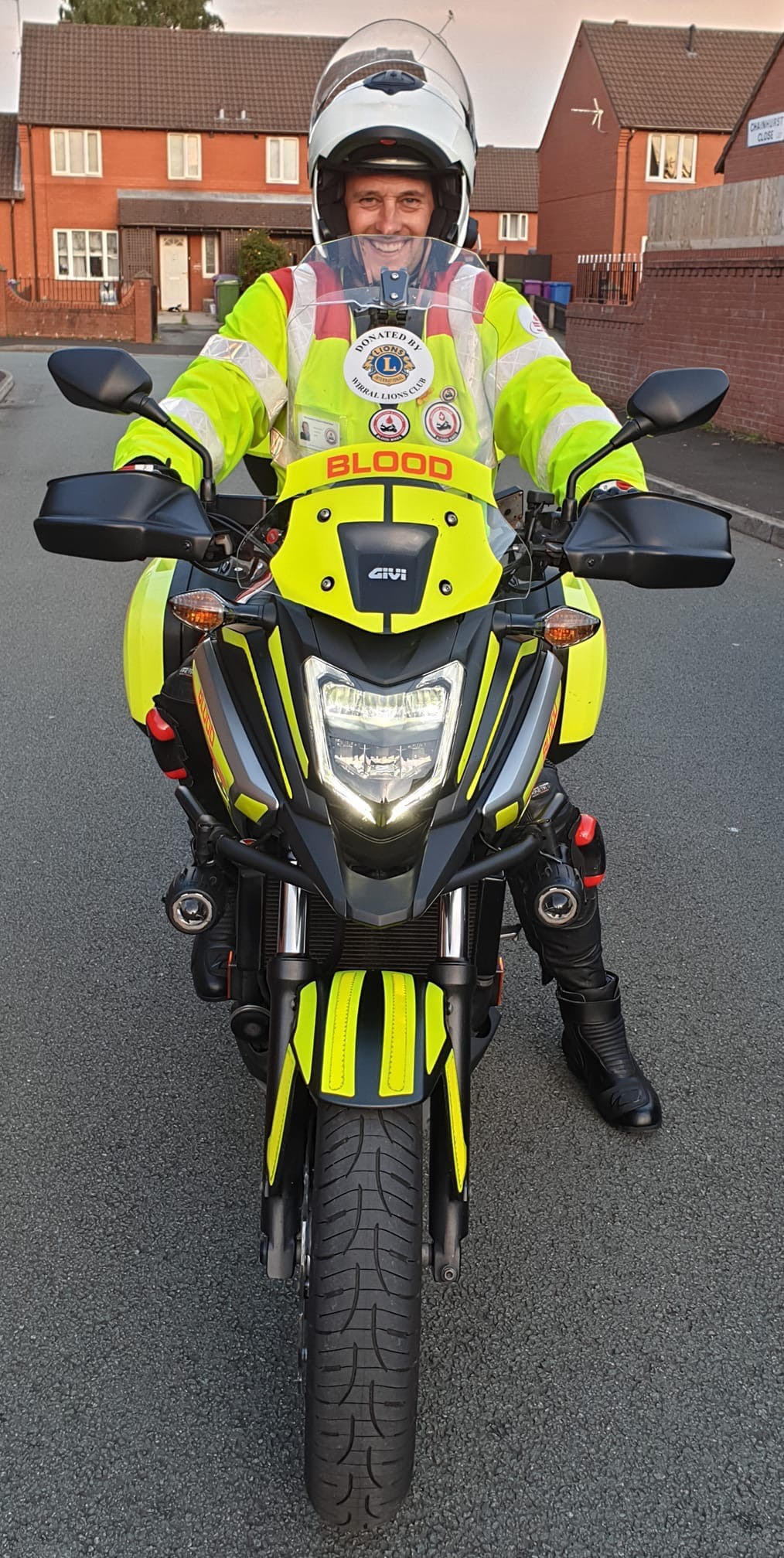
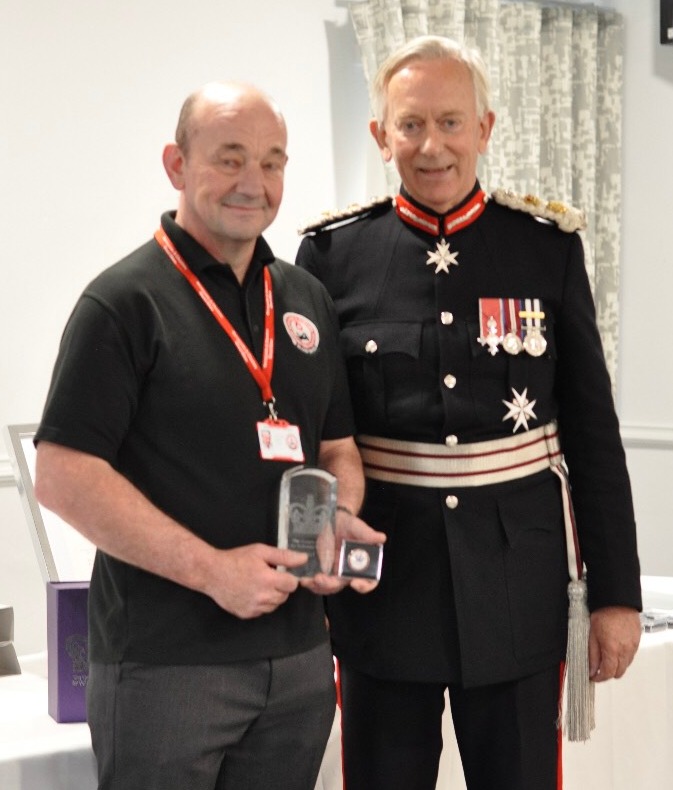
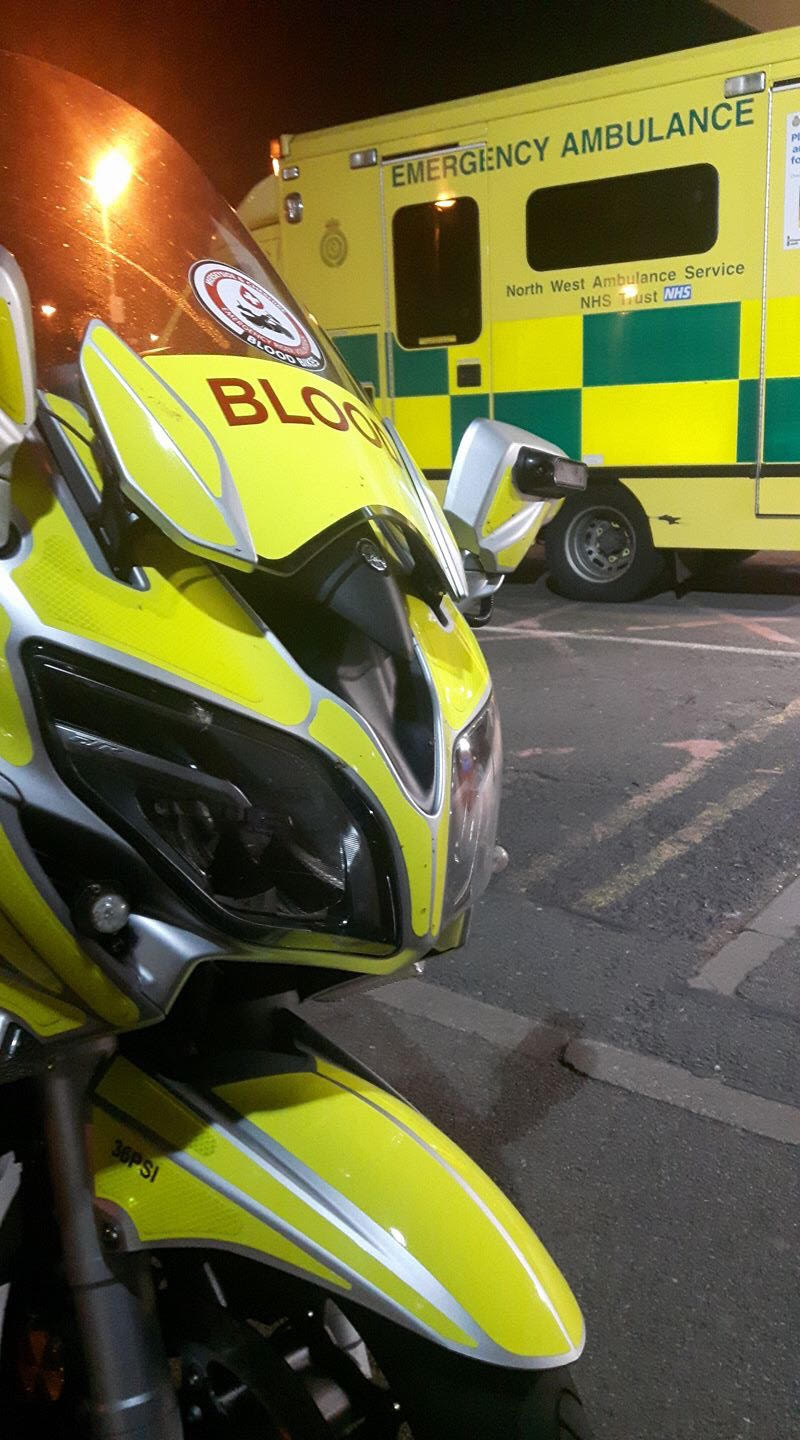
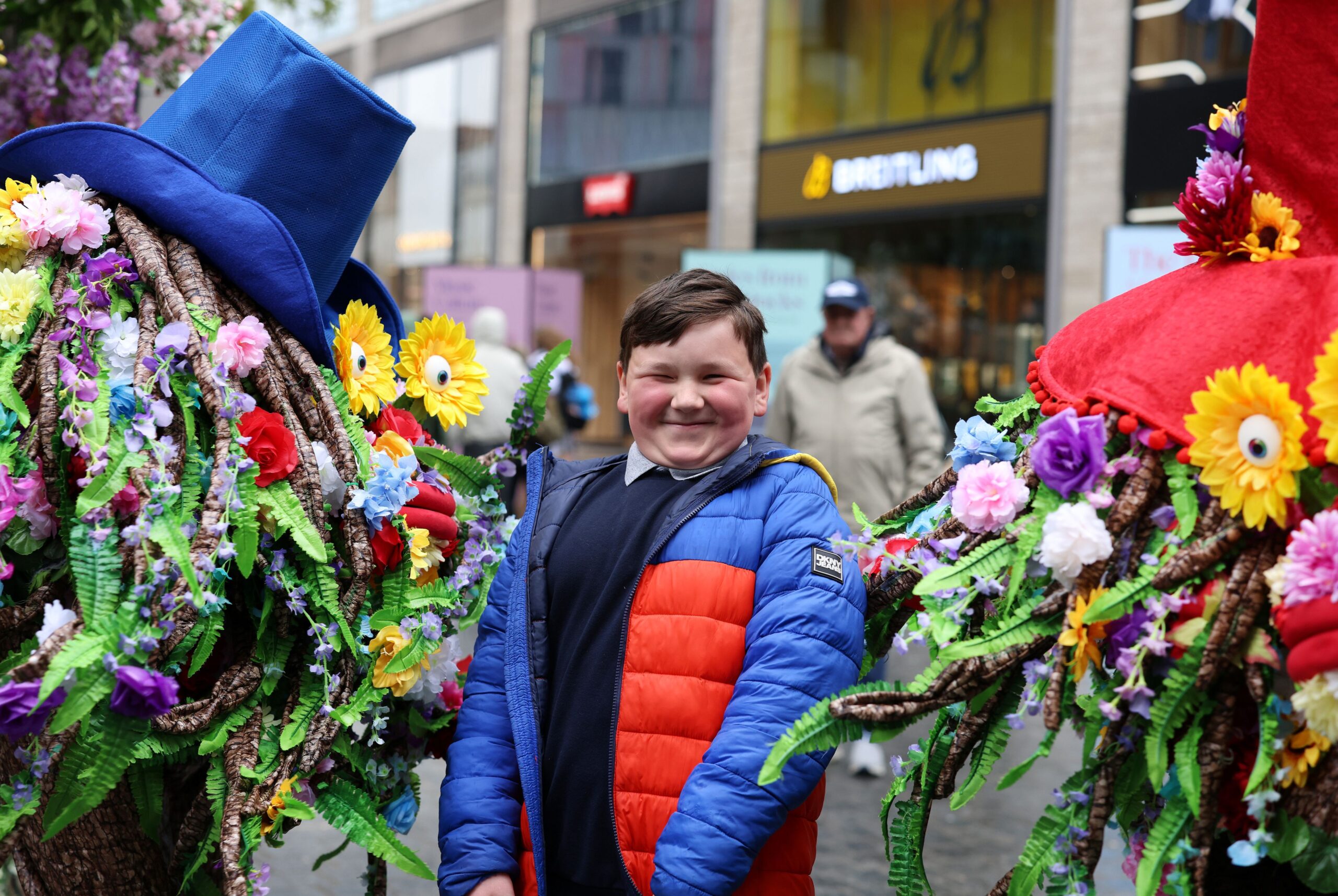
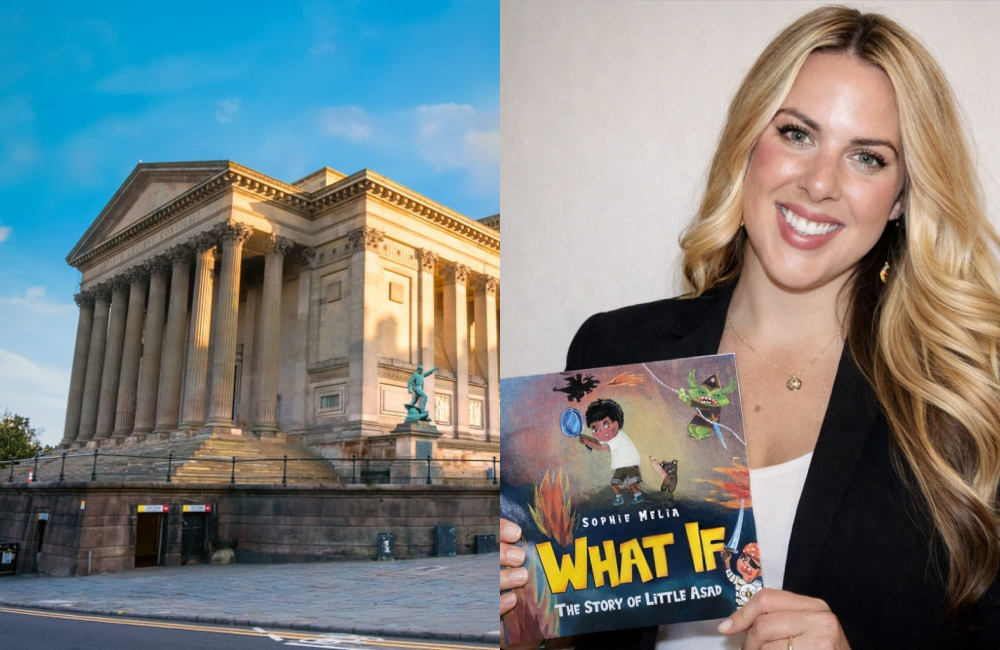
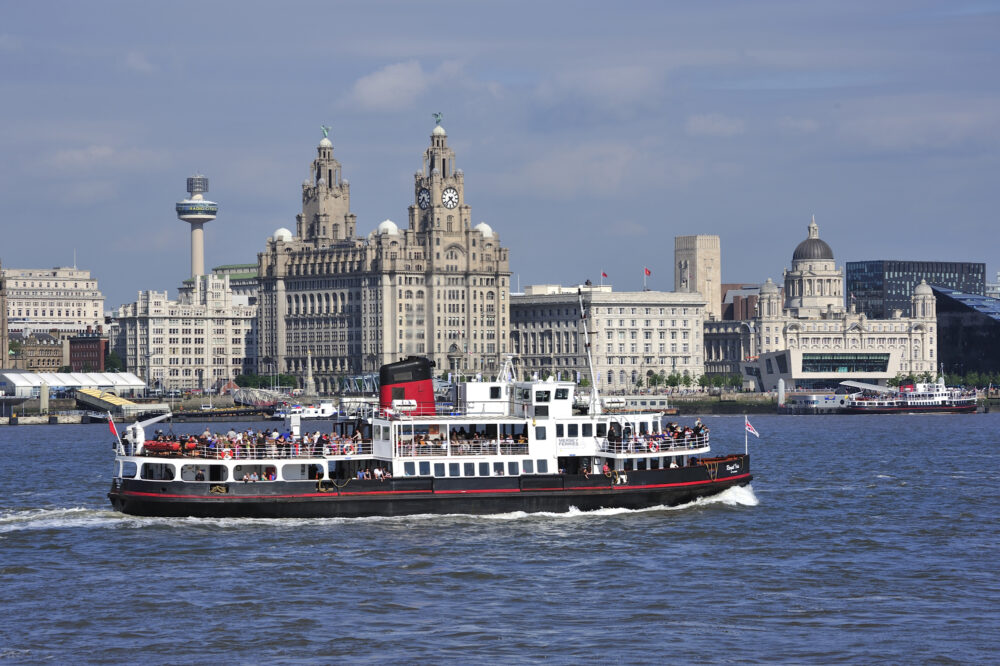
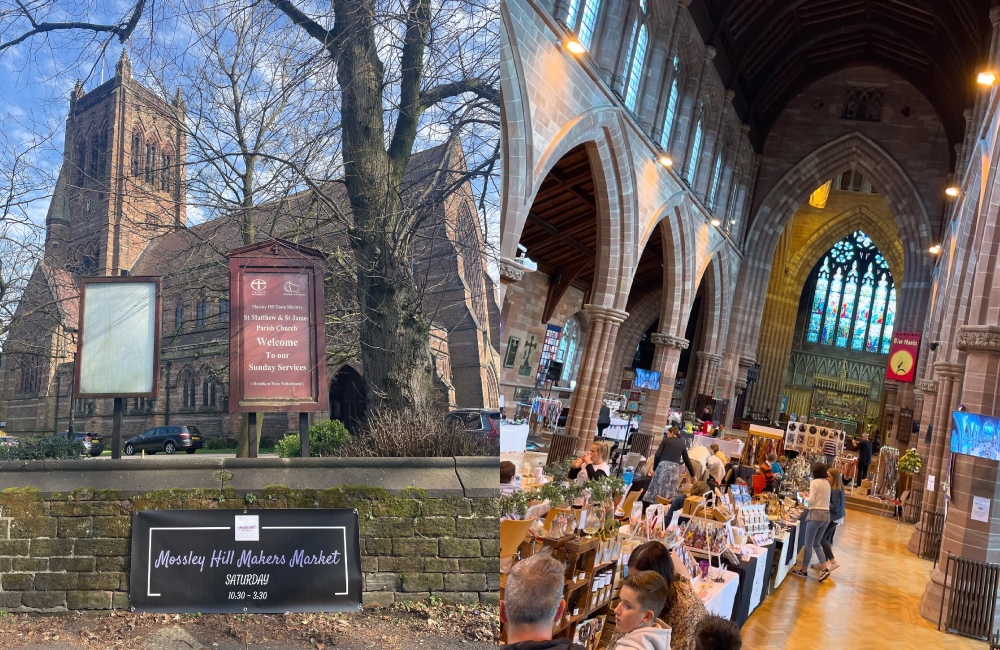
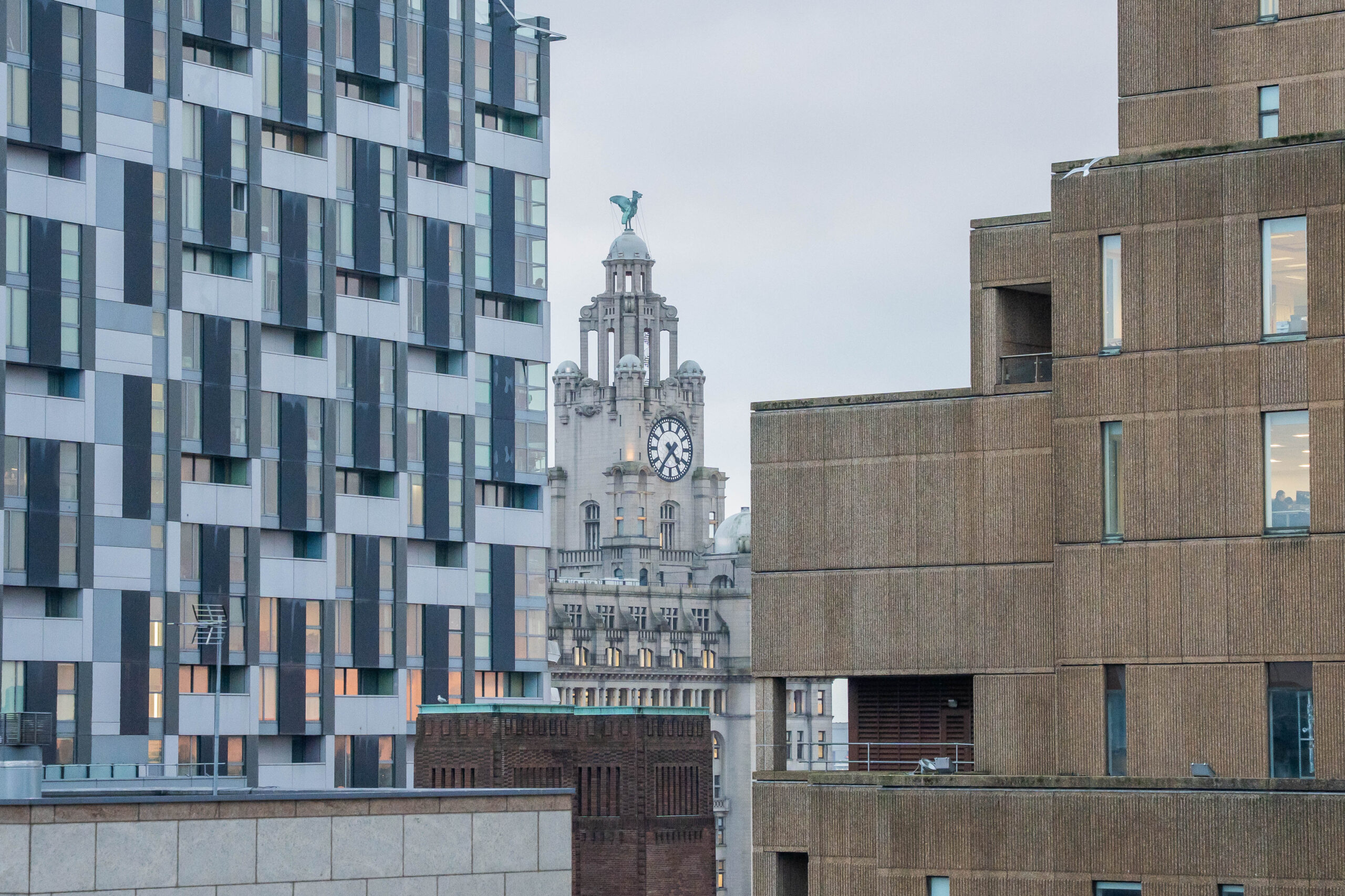

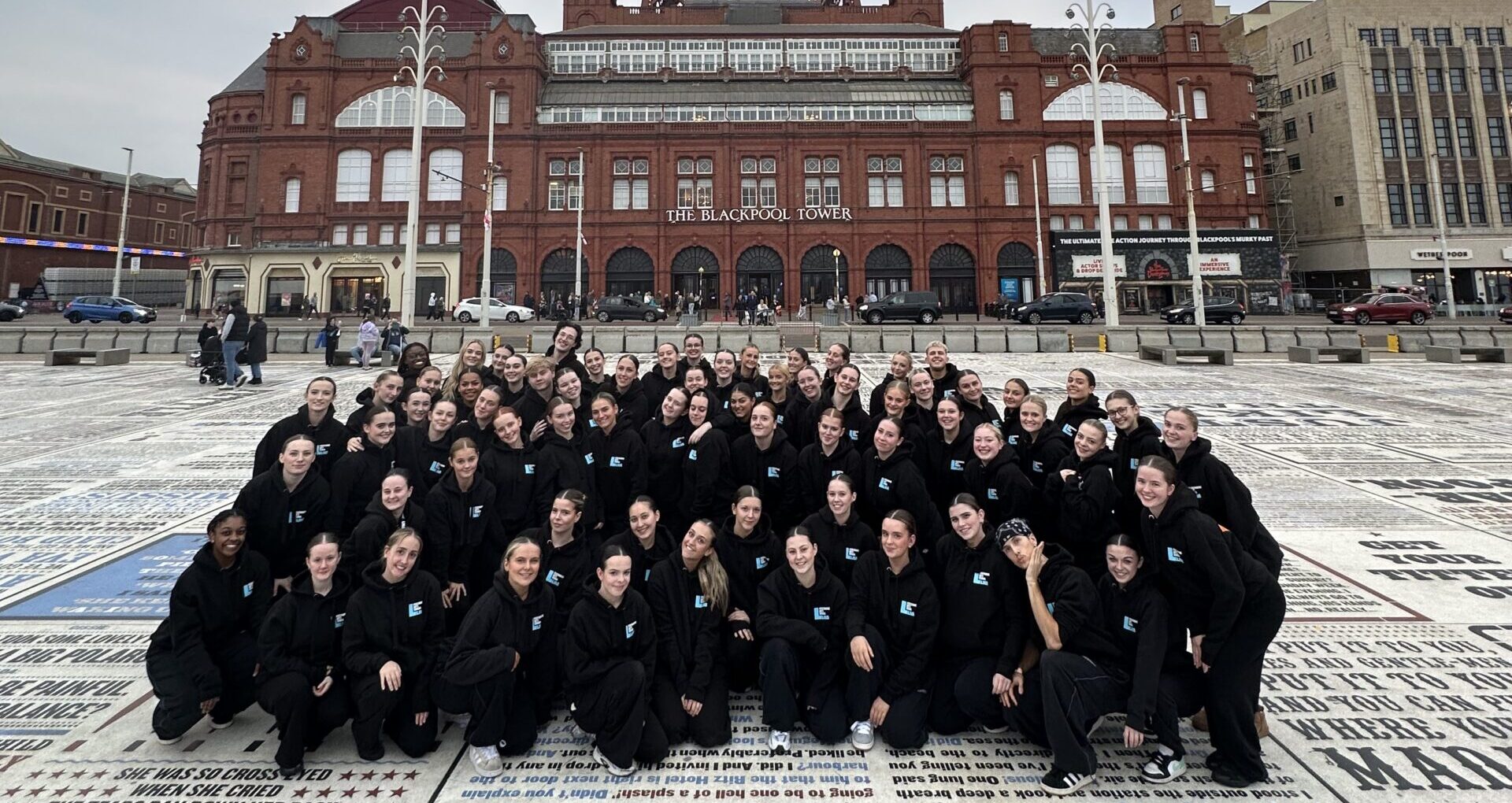
 Subscribe
Subscribe Follow Us
Follow Us Follow Us
Follow Us Follow Us
Follow Us Follow Us
Follow Us Follow Us
Follow Us











